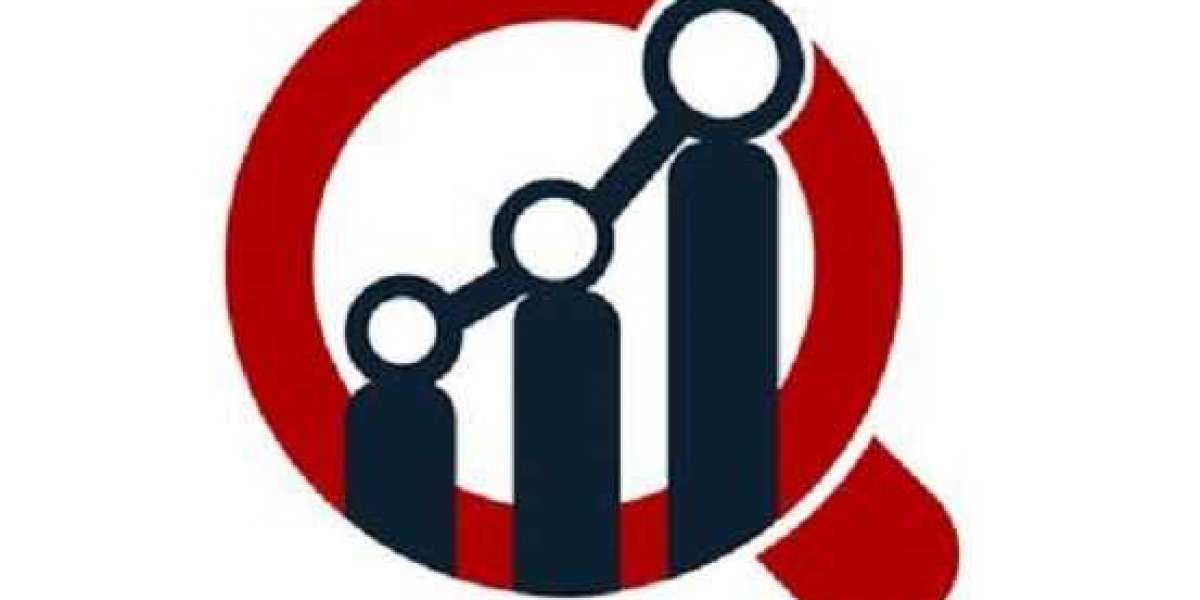Why Pharmaceutical Companies Are Outsourcing GRDDS Development
Access to Specialized Expertise
Developing and manufacturing gastroretentive drug delivery systems is a complex and specialized process. It requires not only advanced scientific knowledge but also cutting-edge technology and state-of-the-art facilities. Many pharmaceutical companies, especially smaller and mid-sized firms, may lack the necessary resources, infrastructure, or specialized expertise to handle the full development process in-house.
Outsourcing to contract research organizations (CROs) or contract manufacturing organizations (CMOs) allows companies to tap into the expertise of organizations that specialize in drug delivery technologies. These third-party vendors have the know-how and experience needed to develop sophisticated systems like GRDDS, which require a deep understanding of biomaterials, polymer science, pharmacokinetics, and bioengineering.
Outsourcing also enables pharmaceutical companies to leverage the latest technology and research tools, ensuring that their products meet the highest standards of quality and efficacy. By partnering with experts, pharmaceutical companies can focus on their core competencies while leaving the specialized tasks to those with the required knowledge.
Cost Savings and Operational Efficiency
Developing and manufacturing gastroretentive drug delivery systems in-house can be a significant financial burden. The costs associated with building and maintaining advanced research and manufacturing facilities are high, particularly for highly specialized drug delivery systems. Moreover, the need to employ skilled personnel and invest in continuous training further increases operational costs.
Outsourcing, on the other hand, provides a more cost-effective solution. By partnering with established CMOs or CROs, pharmaceutical companies can avoid the heavy capital expenditures associated with in-house production. These outsourcing partners often have the necessary infrastructure and technology already in place, allowing them to deliver the products at lower costs. This makes outsourcing an attractive option for companies that want to minimize costs while maintaining quality and compliance with regulatory standards.
Additionally, outsourcing allows companies to benefit from economies of scale, as the manufacturing organization may be producing similar products for other clients, reducing overall production costs. Pharmaceutical companies can also scale production up or down based on market demands, further improving cost efficiency.
Faster Time-to-Market
In the fast-paced pharmaceutical industry, time is of the essence. Bringing new drug delivery systems to market quickly is crucial for gaining a competitive edge and meeting the growing demand for effective treatments. However, the development of GRDDS requires extensive research, development, and testing to ensure that the systems are both safe and effective.
Outsourcing to CROs and CMOs with expertise in gastroretentive drug delivery systems can significantly shorten the development cycle. These organizations already have established workflows, advanced testing protocols, and regulatory knowledge, allowing them to expedite the process from concept to production.
By outsourcing, pharmaceutical companies can leverage the speed and efficiency of their partners to meet regulatory requirements and complete clinical trials more rapidly. This can lead to faster approval processes and quicker commercialization of new products, ultimately benefiting patients who need these innovative treatments.
The Future of Outsourcing in the GRDDS Market
The outsourcing of gastroretentive drug delivery systems is expected to continue its upward trajectory in 2025 and beyond. As pharmaceutical companies face increasing pressure to develop more effective, cost-efficient, and patient-friendly drug delivery systems, outsourcing provides a strategic solution to overcome these challenges.
Moreover, the gastroretentive drug delivery systems outsourcing market will likely see further consolidation, with larger pharmaceutical companies forming long-term partnerships with leading CMOs and CROs to ensure access to the latest technologies and expertise. Additionally, the expansion of outsourcing to emerging markets, such as Asia-Pacific, will present new opportunities for cost-effective drug development and manufacturing.
With ongoing advancements in technology, regulations, and global partnerships, the future of GRDDS development and outsourcing looks promising, helping pharmaceutical companies deliver next-generation treatments to the market faster and more efficiently than ever before.
Conclusion
Pharmaceutical companies are increasingly turning to outsourcing for the development and manufacturing of gastroretentive drug delivery systems due to the significant benefits it offers. From access to specialized expertise and cost savings to faster time-to-market, outsourcing provides a strategic advantage in developing these innovative drug delivery systems. As the demand for GRDDS grows, outsourcing will continue to play a crucial role in helping pharmaceutical companies meet market needs while staying competitive in an increasingly complex industry.







